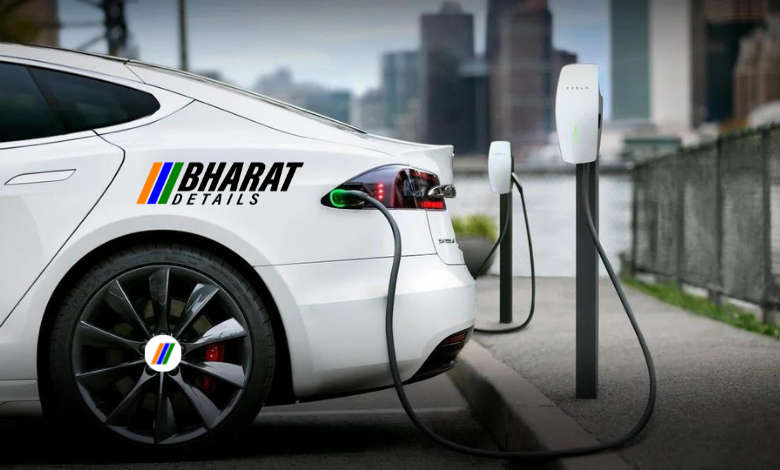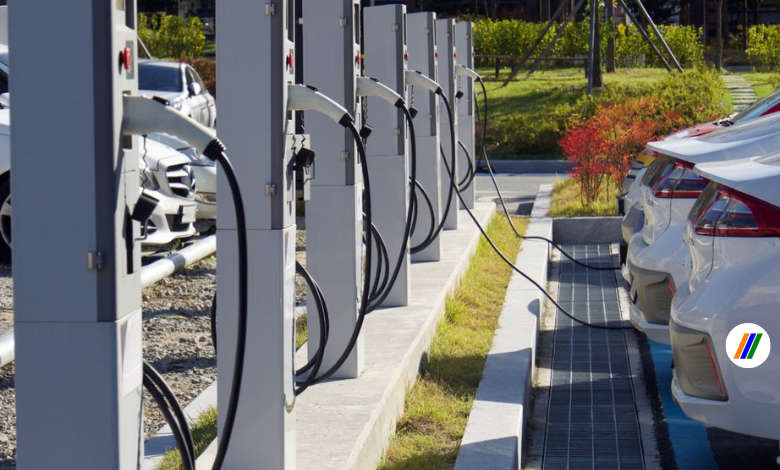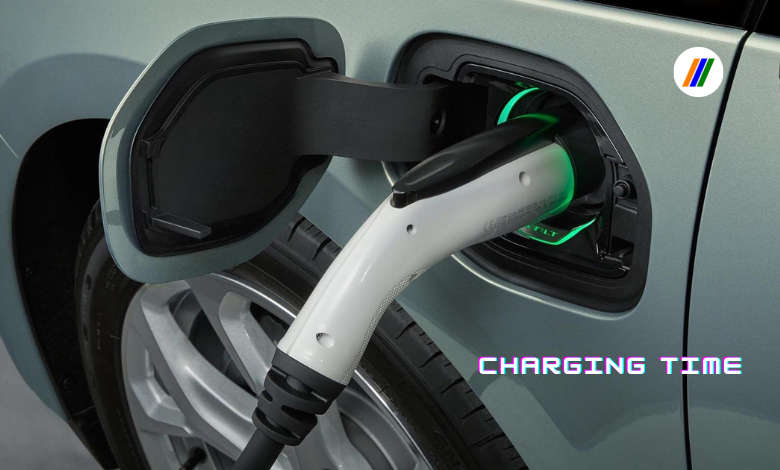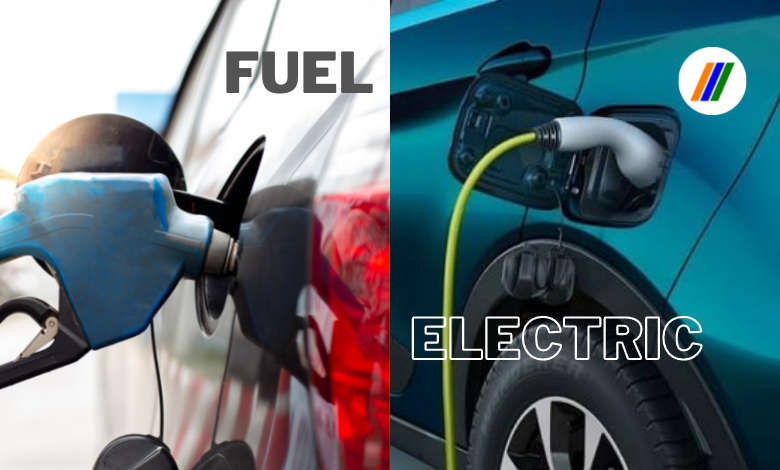Is Electric Vehicle Worth Buying?

Future of Vehicle Industry is Electric. As per the data sale of electric vehicle is increasing every year. Vehicle industries are improving their vehicles every year and that too at affordable rates. It is not wrong to say that you notice consumers driving electric vehicle near you, which proves that people are flexible and ready to adopt innovation in vehicle industry.
Contents
What you should know before buying an electric vehicle or Why Should you buy Electric Vehicle?
There are many differences in electric vehicle and gas powered vehicle, which you come to know after reading complete details below. This post will explain the primary differences and go through:
HOW DO ELECTRIC CARS WORK?
Lets have a look at what does electric vehicle mean and how it works, Before we get into the specifics of the present advantage and disadvantage of buying an electric vehicle and why you should seriously consider an EV as your next vehicle.
A car propelled by one or more electric motors is known as an electric car or electric vehicle (EV). These motors are powered by stored energy (electrical) in onboard batteries. EVs are substantially quieter (silent) and create no exhaust emissions, and have much lower total emissions than gas-powered or internal combustion engines which makes it environment friendly. Electric Vehicle is lower in cost and maintenance compared to a Fuel driven Vehicle.
WHAT ARE HYBRID VEHICLES?
Hybrid vehicles have an internal combustion engine and one or more electric motors, as well as larger batteries. They are in the middle, with some of the benefits and drawbacks of each. For one thing, they get greater gas mileage than regular gas-powered automobiles.
ADVANTAGES OF BUYING AN ELECTRIC VEHICLE – BENEFITS
Electric vehicles (EVs) have numerous advantages over conventional gasoline or diesel automobiles.
- Cheaper to Run: The cost of charging an electric vehicle is roughly 40% less than the cost of petrol or Diesel for a similar sized vehicle traveling the same distance. Charging your EV with your solar PV system or at free charging points will save you money.
- Cheaper to Maintain: Electric Vehicle has less moving parts which are more easy to maintain and also saves cost of servicing as compared to petrol/diesel vehicle. All electric vehicles becomes less efficient depending on their usage. Most of the manufacturers says that battery of vehicles manufactured by them will not degrade for a specific period (likely for 8 years). Later on you will have to replace a battery in an EV in the time you own it.
- Cheaper to Register: Registration cost of electric vehicle is comparatively cheaper than a petrol/diesel vehicle.
- Better for the Environment: Electric vehicle helps environment by reducing harmful air pollution from exhaust emissions. Electric Vehicle has zero exhaust emissions, but at the time of charging from the grid, it produces some greenhouse gas emissions. As this electric vehicle comes with solar PV system and charge EV during the day, reduces greenhouse gas emissions.
- Better for our Health: As this Electric Vehicle are low at producing exhaust emissions, saves environment and people around. Better air quality will directly lead to good health and will reduce the health issue faced by air pollution. Not only air, Electric vehicle are quieter than petrol/diesel vehicle.
DISADVANTAGES OF BUYING AN ELECTRIC VEHICLE
When considering whether or not an EV is right for you, you must analyse both sides of the equation. Despite the country’s tremendous push to increase the number of electric vehicles on the road, there are some potential drawbacks or disadvantages to owning and running an electric vehicle. Finding charge stations, charging times, greater initial prices, limited driving range, and expensive battery packs are just a few of the drawbacks. There is little doubt that electric vehicles are the way of the future, and as EV use grows and the underlying technology advances, these disadvantages will fade away.
- Recharge Points: Electric fueling stations are still in the early stages of development. Because not many sites you visit on a daily basis have electric fueling stations for your vehicle, finding a charging station if you’re on a long trip or visiting family in a rural or suburban region and run out of energy may be more difficult. You can be stuck in your current situation. However, until charging stations are more widely available, make sure you have a charging station map of where you live and where you usually travel so you can charge your new electric vehicle when you need to.

- Short Driving Range and Speed: The range and speed of electric cars are also constrained. The majority of these vehicles have a range of 80-160 kms before needing to be recharged. They simply cannot be used for lengthy voyages at this time, though this is expected to change in the future.
- Longer Recharge Time: While a gasoline-powered car can be fully charged in a matter of minutes, an electric vehicle can take up to 4-6 hours, or even a day. As a result, you’ll need separate power stations because charging them takes a long time. As a result, some people are put off by the time commitment and essential planning. Some kits might help you speed up the charging process. But, once again, that will be an additional cost.

- Battery Replacement: Almost all electric cars require battery replacement every 3-10 years, depending on the kind and usage of the battery.
- Not Suitable for Cities, Facing Shortage of Power: Electric automobiles require electricity to charge, thus cities that currently have severe power shortages are not ideal for them. More power use would put a strain on their daily power requirements.
- Higher initial Purchase Cost: While all electric automobiles are less expensive to operate than their gasoline-powered counterparts, the lower ongoing costs usually come at the expense of a greater purchase price. The present price difference between identical devices appears to be roughly $10,000, but as technology advances, this gap should narrow. Despite this, when gas and maintenance costs are taken into account, EVs tend to be less expensive throughout the life of the vehicle. However, state and federal incentives and rebates can typically cover all or part of this buying gap. Please contact us for more details, since these rebate programmes are subject to change.
Conclusion: is Electric Vehicle worth buying?

Certainly for some. Others, perhaps not so much. It all relies on your unique scenario and requirements. EVs have a number of advantages over their internal combustion counterparts, including cheaper lifetime running costs, the ability to ‘fuel up’ at home, and reduced environmental impact (in most cases). According to a recent J.D. Power study, 82% of early adopters who have driven an electric vehicle “certainly will” consider buying another one in the future. Overall, four criteria appear to influence EV happiness: vehicle range, charging station availability, driving enjoyment, and lower lifetime operating expenses.
We propose that you consider the above pros and negatives while making your selection. As technology advances and EVs become more convenient to use, many of the existing drawbacks of owning one are becoming less and less significant. If you think an electric vehicle might fit your lifestyle, you’ll probably be pleased with your purchase!

